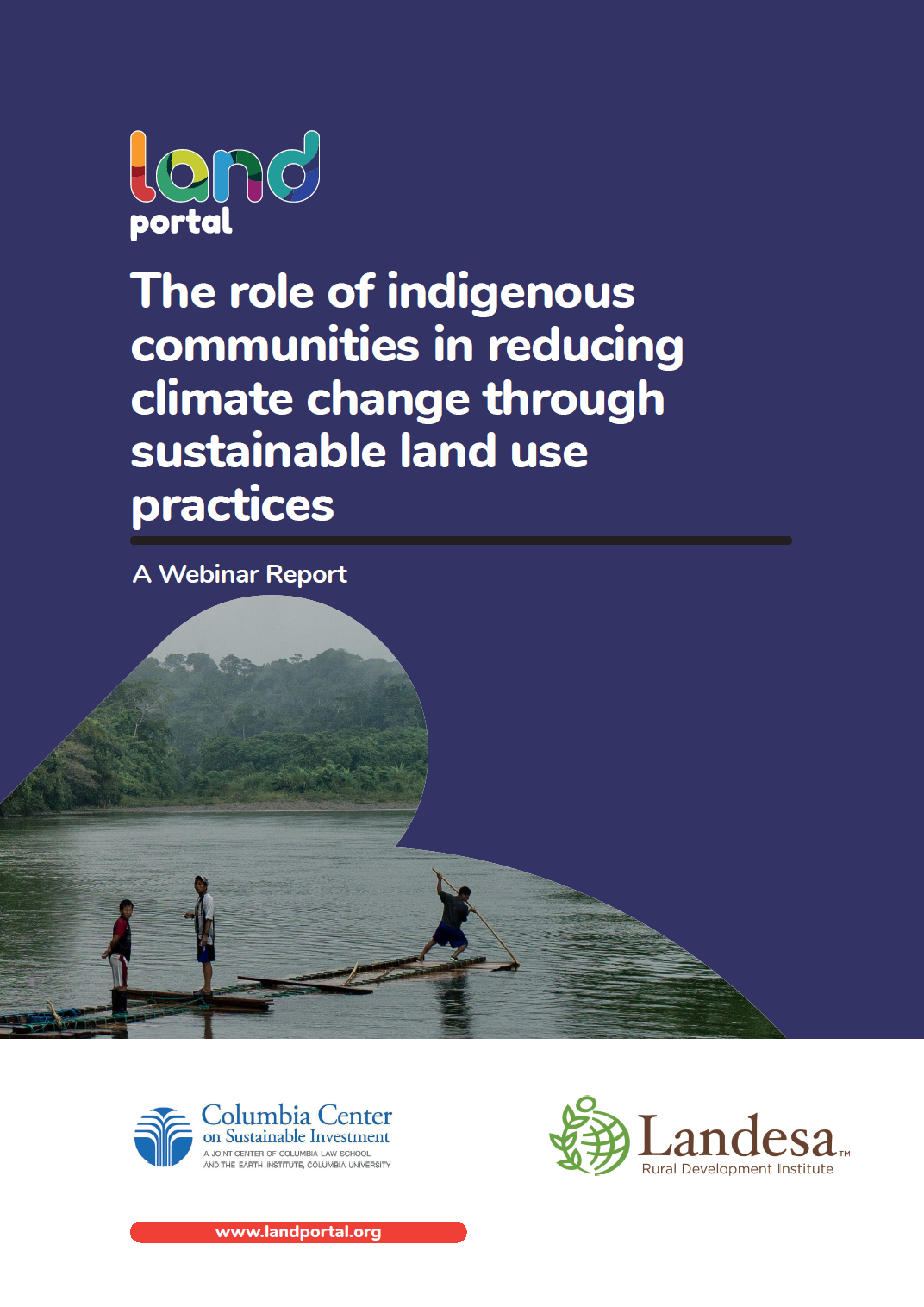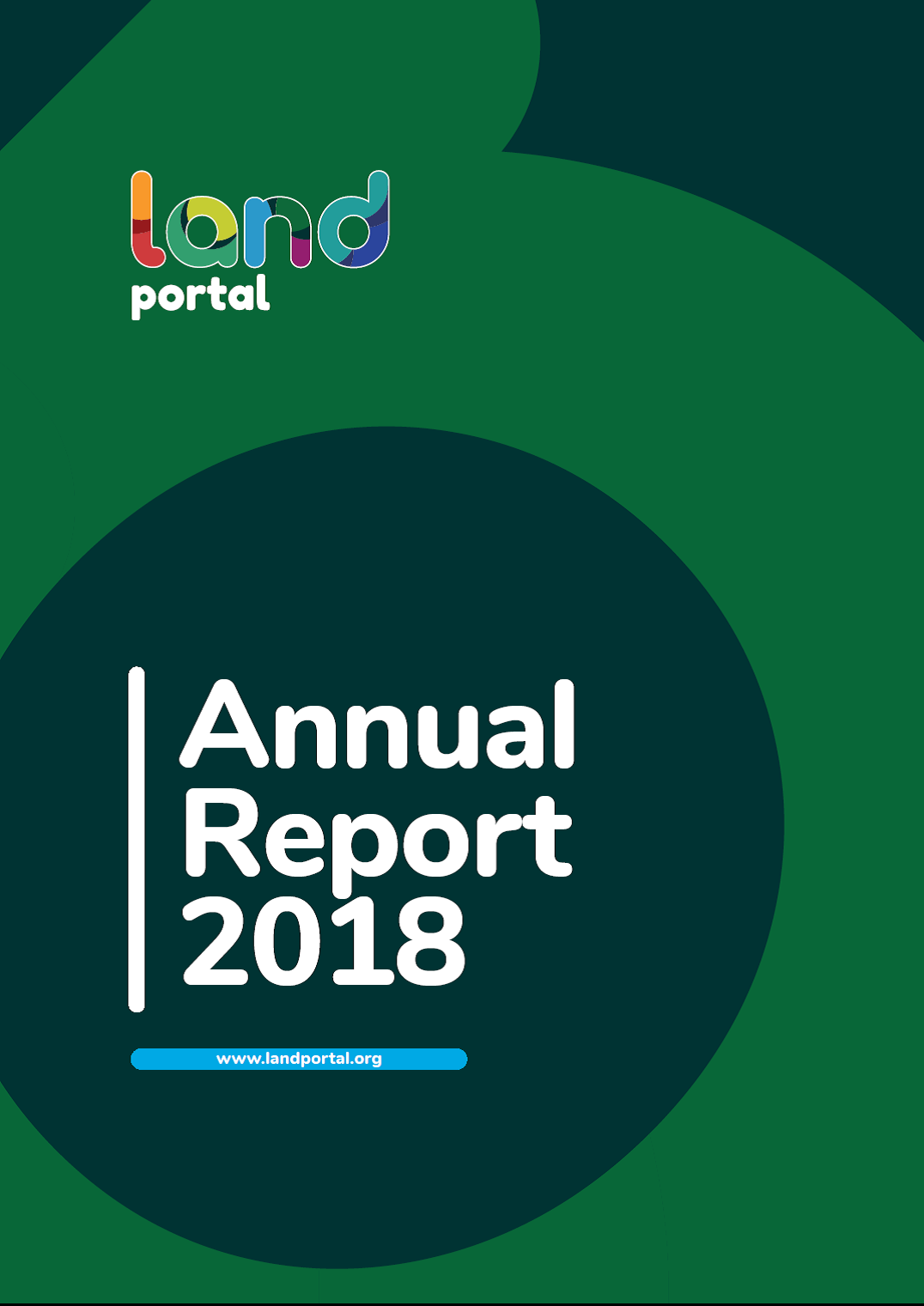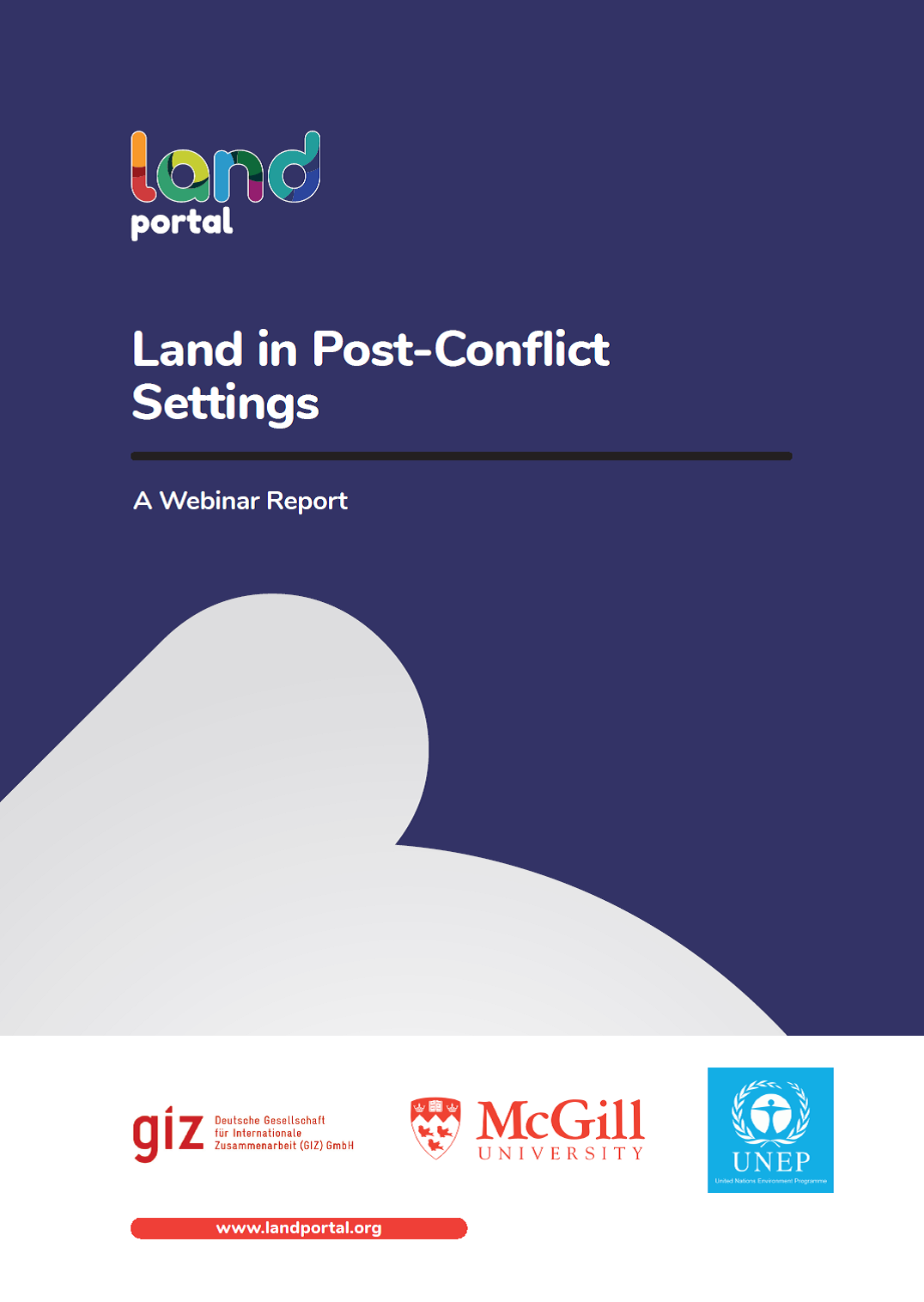Location
The Land Portal is a Foundation registered in the Netherlands in 2014.
The vision of the Portal is to improve land governance to benefit those with the most insecure land rights and the greatest vulnerability to landlessness through information and knowledge sharing.
The goal of the Portal is to become the leading online destination for information, resources, innovations and networking on land issues. Through this it will support more inclusive and informed debate and action on land governance and will increase the adoption and up-scaling of best practices and emerging innovations on land tenure.
Read more about us and join the Land Portal now!
Resources
Displaying 96 - 100 of 168The role of indigenous communities in reducing climate change through sustainable land use practices
The climate crisis demands urgent action, yet we live in a politically polarized and paralyzed world. As governments and other actors struggle over climate change, our environment is irreversibly changing. A United Nations report on the Global Assessment of Biodiversity and Ecosystem Services revealed that three-quarters of the earth’s land-based environment has been significantly altered by human actions.
Annual Report 2018
We’re pleased to share the Land Portal Foundation's 2018 Annual Report. The report demonstrates how we are working to create a vibrant information ecosystem on land that contributes to better informed decisions and policy making on land throughout the world. This report showcases our efforts improve documentation, mapping and monitoring of land governance issues, to promote, inform and enrich global debate on key land issues and to raise awareness on open data principles to strengthen the flow of land governance information at all levels.
Tech and Transparency: democratising data and empowering communities with cutting-edge technologies
lack of transparency in the land and property sector prevents individuals, communities and governments from unlocking the value of the property as an asset, and undermines policies and legal frameworks that aim to provide land tenure security, potentially leading to a misallocation of rights. In fact, land governance is ranked among the sectors in which people are most likely to pay bribes for access to services, according to Transparency International’s Global Corruption Barometer.
Catalyzing the Land Data Ecosystem
There is no doubt that the Global Data Revolution has reached the land sector. Government data portals, open access academic journals, community mapping initiatives and other citizen-generated data - there is a palpable positive drive across the world that allows processes such as data collection to be more inclusive and open. But within this data momentum, there are still many barriers and questions: Who can access the data, and how? What data is reliable? Who owns the data? What data is up to date? Can I use the data without inflicting harm?
Webinar Report: Land in Post-Conflict Settings
Post-war societies not only have to deal with continuing unpeaceful relations but also land-related conflict legacies, farmland and forest degradation, heavily exploited natural resources, land mines, a destroyed infrastructure, as well as returning refugees and ex-combatants. In the aftermath of war, access to and control of land often remains a sensitive issue which may precipitate tensions and lead to a renewed destabilization of volatile post-conflict situations.









